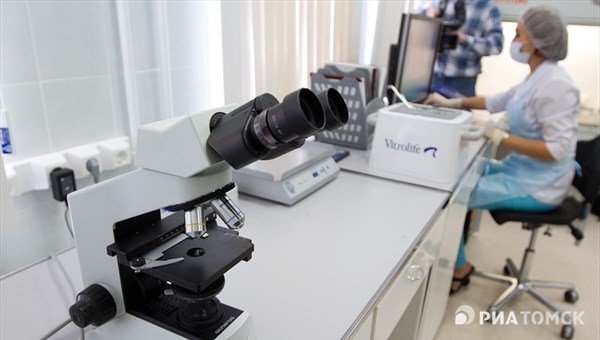© РИА Томск. Яков Андреев
TOMSK, Feb 19 – RIA Tomsk. The
laboratory of new dosage forms will appear in Tomsk Polytechnic University
(TPU); here scientists will develop technologies, which will allow to control
the movement of drugs in the body to precisely influence, for example, on area
of heart attack or on a cancer, the press-service of the university informed on
Friday.
According to the university, the
laboratory organisation began in January of this year within the frameworks of
at TPU organized centre of Russian-speaking Academic Science Association
(RASA). The laboratory was headed by professors Gleb Sukhorukov (Queen Mary
University of London) and Dmitry Gorin (Saratov State University).
"Polytechnics in cooperation
with Tomsk and foreign medical scientists will develop technologies of operated
medical products' delivery in the patient's organism. This is about microscopic
spherical nanocapsules. Their sizes are comparable with erythrocytes – red
blood cells", – is told in the message.
© РИА Томск. Павел Стефанский
According to the press-service, scientists
from other centres RASA have already developed methods of nanocapsules
creation and ways of their introduction into the organism – doctors take the
patient's blood, add nanocapsules in it and return blood to the organism. As
the body does not perceive blood as something alien, the medicine is not rejected.
"We will concentrate on
physical methods of nanocapsules delivery. One of our tasks will be developing
of remotely controlled systems, by means of which doctor can direct the drug to
specific point of the patient's organism", - words of Sukhorukov are given
in the message.
Scientists plan to use ultrasound,
light and a variable magnetic field to control capsules. It will allow to raise
to a new level the treatment of diseases at which the impact point is necessary
- to destroy the cancer tumour, to localise the infarction area, to eliminate a
blood clot in vessel (can lead to stroke) or to direct insulin to the place of
the greatest congestion of sugar in the organism of the diabetic.